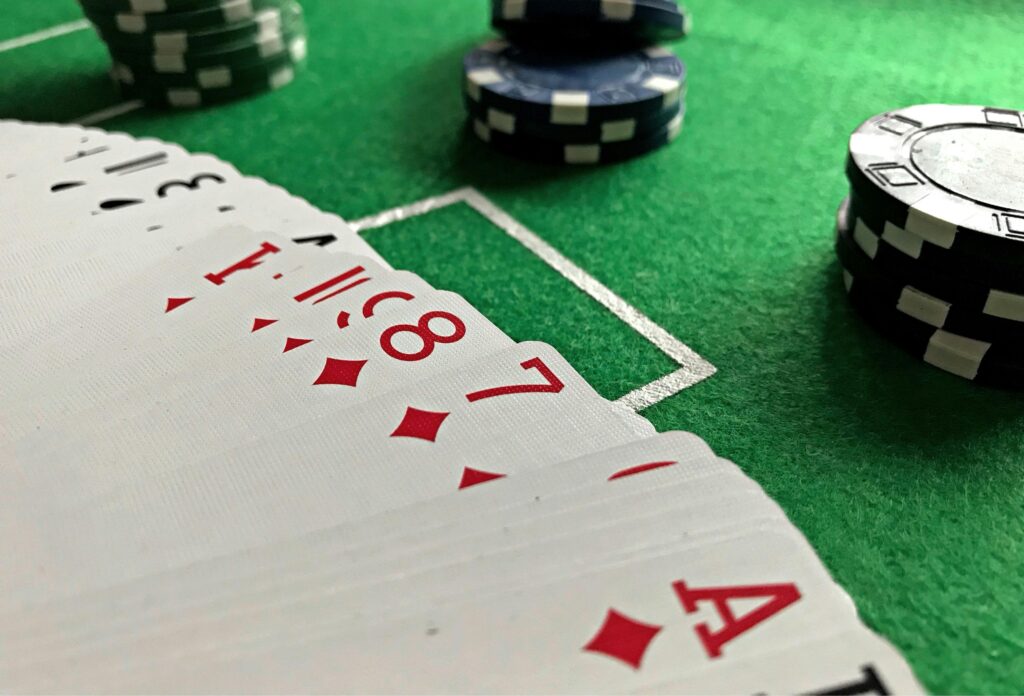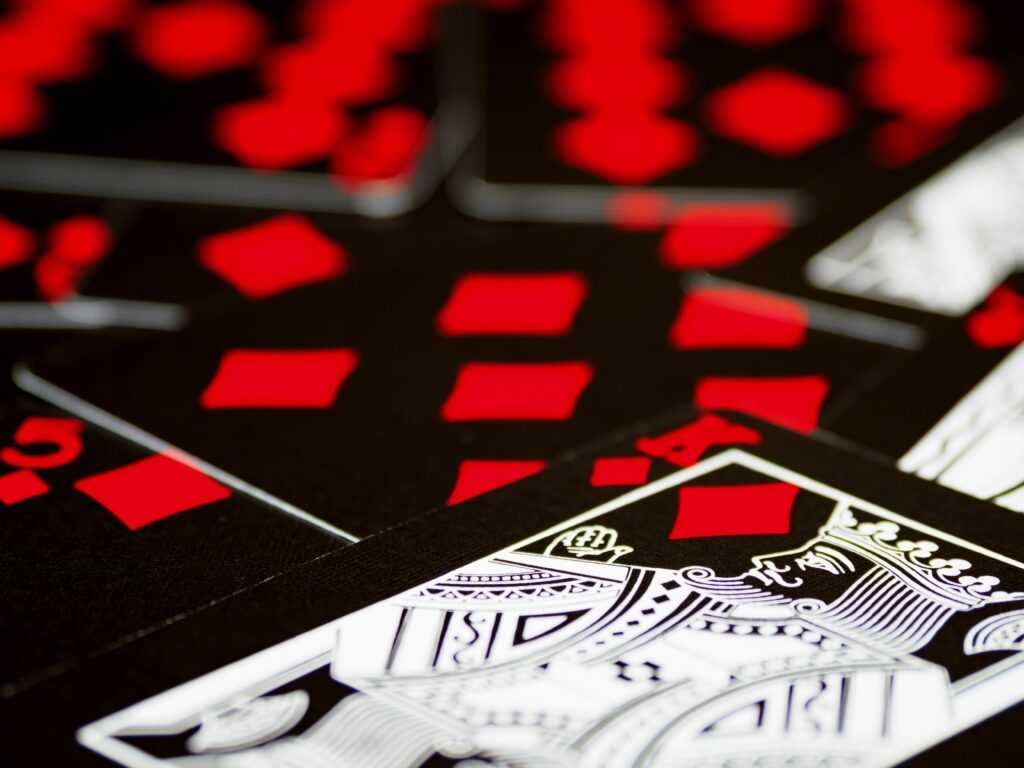Casino games have always fascinated players because they combine excitement, strategy, and the chance to win. While luck plays a major role, the reality is that each game rewards different skills. Some players are drawn to games requiring mental agility, while others prefer those based on observation, memory, or discipline. For anyone looking to sharpen their abilities and enjoy interactive play, platforms like DraftKings provide a diverse environment where these skills can truly make a difference.
Why Skills Matter in Casino Gaming
Unlike purely random forms of entertainment, casino games often allow players to influence outcomes by making strategic choices. Skills such as risk management, mathematical thinking, and psychological awareness can turn a casual player into a confident competitor. Developing these skills also makes the experience more enjoyable, since players feel more in control.
Poker: Reading Opponents and Emotional Control
Poker is widely recognized as one of the most skill-heavy casino games. Success doesn’t come just from the cards you hold, but from your ability to read other players, anticipate their moves, and bluff convincingly. Emotional control is essential—overreacting to a loss or showing excitement at a strong hand can give opponents an edge. By keeping a calm demeanor and practicing patience, players increase their chances of making the right moves.
For example, consider a common poker scenario: you may have a decent hand, but your real strength comes from recognizing when an opponent is bluffing. Spotting small details such as betting patterns or timing can help you decide whether to fold or call. This is where observation and self-control truly shine.
Blackjack: Mathematical Thinking and Probability
Blackjack is a numbers-driven game where probability and strategy go hand in hand. Players who understand basic math concepts, like calculating odds and applying simple strategies, are better equipped to make informed decisions. Even knowing when to “hit” or “stand” can significantly change your results over time.
Roulette: Observation and Discipline
Roulette is often seen as a game of chance, yet discipline plays a big role in how much fun you get from it. Observing the flow of the game, setting a clear budget, and sticking to it are valuable skills. Players who avoid chasing losses tend to enjoy roulette more, since they focus on the excitement of the spin instead of the pressure of recovering money.
Discipline also means knowing when to walk away. Many players find that setting limits—both for wins and losses—turns roulette into a more sustainable and enjoyable game.
Slots: Patience and Money Management
At first glance, slot machines appear to require no skill at all. However, players who practice patience and manage their bankroll wisely are more likely to enjoy longer play sessions. Understanding paylines, game volatility, and pacing your bets all contribute to a better experience.
For instance, choosing a slot with frequent small wins might suit players who prefer steady entertainment, while those chasing big jackpots need to prepare for longer dry spells. In both cases, patience is the key skill that keeps the game fun.
Other Games and Transferable Skills
Games like baccarat or craps may look intimidating at first, but they also reward simple skills like consistency and observation. Many players default to Banker because of its slight statistical edge, then undermine that edge by varying stakes emotionally. Decide a flat-bet unit, stick to it, and pre-commit to session length. The skill is refusing to “progression chase” after a few losses; consistency preserves the tiny advantage embedded in the game’s structure. In craps, learning the basic bets keeps the game approachable and fun. Communication matters too: craps is social, and clearly stating your bets before the dice move prevents mistakes and keeps pace smooth for everyone.
What’s most interesting is that many of these skills transfer between games. A poker player’s patience can be valuable in roulette, while blackjack’s focus on probability can help in other strategy-based games. This crossover of skills means that time spent improving in one game often benefits you in others.
Casino games also teach life skills that go beyond the table: patience, emotional balance, and decision-making under pressure. These abilities don’t just make you a better player—they can also improve how you handle challenges in everyday life.
Every casino game emphasizes different abilities, but the most successful players learn to blend them. A poker enthusiast might use emotional control in blackjack, while a slot fan may apply money management to roulette. These skills not only improve your chances of success but also make the overall experience more rewarding.
Casino gaming is not only about luck—it’s also about knowing yourself, understanding the games, and using skills wisely. From psychological tactics at the poker table to probability analysis in blackjack, the journey of improving your skills can make casino gaming far more engaging, enjoyable, and satisfying.


 Trisha Toller – With a strong focus on responsible gambling, Trisha brings a balanced perspective to the blog. She provides practical advice on managing risk, setting limits, and ensuring that betting remains a fun and controlled activity. Trisha’s thoughtful approach helps readers find the right balance between the excitement of gambling and responsible play, offering strategies to enjoy betting without overextending themselves financially or emotionally.
Trisha Toller – With a strong focus on responsible gambling, Trisha brings a balanced perspective to the blog. She provides practical advice on managing risk, setting limits, and ensuring that betting remains a fun and controlled activity. Trisha’s thoughtful approach helps readers find the right balance between the excitement of gambling and responsible play, offering strategies to enjoy betting without overextending themselves financially or emotionally.

